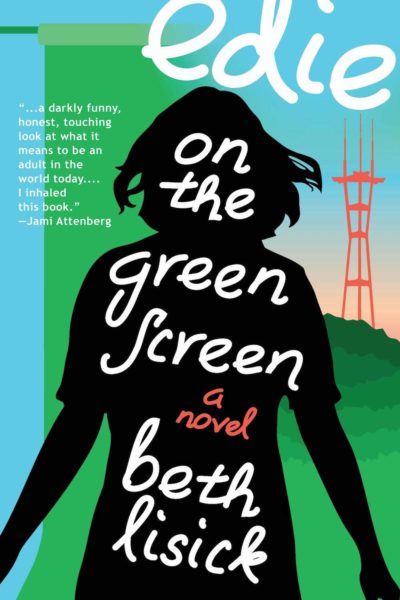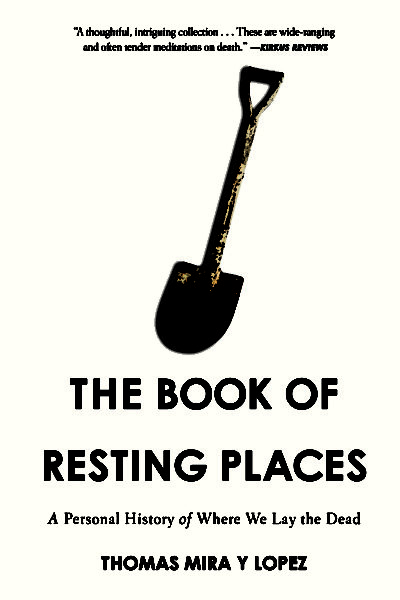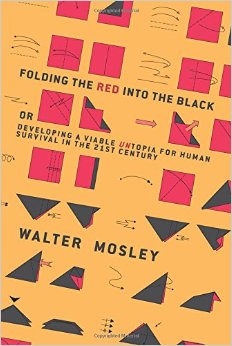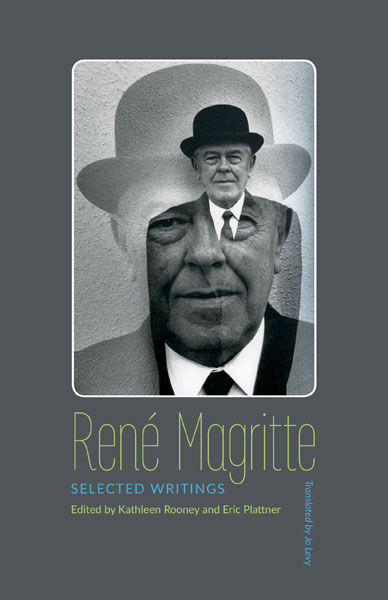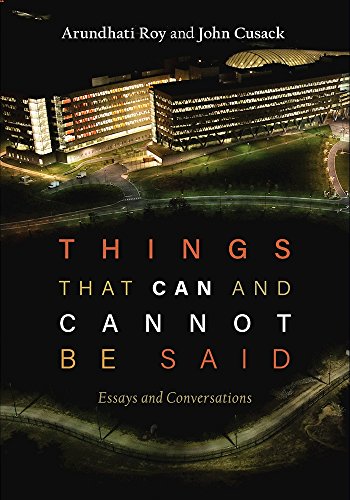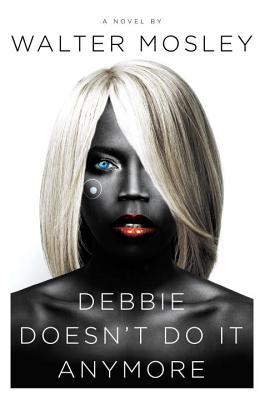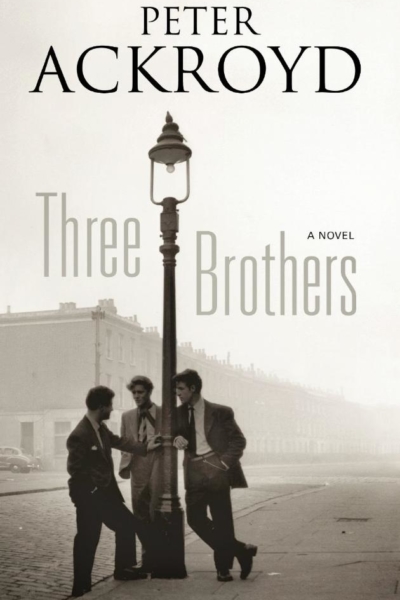The Pandemic and Zizek’s ‘Pandemic!’ and Zizek
How much worse can it get?
Edie on the Green Screen – Beth Lisick
Reading Lisick’s books today suggests that, as all politics are local, the global web hysteria that destroyed American politics as we know it also began locally.
Camp Marmalade – Wayne Koestenbaum
I don’t care how these books were really made. The fetish of process reminds me too much of the marketing strategies behind twice-distilled commercial bourbons and locally-sourced corporate burrito chains.
The Book of Resting Places – Thomas Mira y Lopez
Mira y Lopez’s encyclopedic interests flirt with the ready information saturation of the current moment, but his facile movement between subjects, both cerebral and intimate, honor the careful attention of authorship over hiveminded wikis.
Folding the Red into the Black – Walter Mosley
Written before the Trump ascendency, Walter Mosley’s UNTOPIA stands as an accessible point-by-point inventory of real systemic shortcomings dressed up by American optimism.
Selected Writings – René Magritte
Even though some of his distorted figures resemble those by Dalí, and some of the cruel acts committed in his scenes recall Balthus, Magritte’s career presents a wider-reaching institutional philosophy.
Things That Can and Cannot Be Said – Arundhati Roy and John Cusack
In THINGS THAT CAN AND CANNOT BE SAID, traveling to see Snowden is a little like waiting for Godot. The non-event clears the way for an empty contemplative space.
Mature Themes searches for pieces of people in the streaming media as if panning for gold.
Debbie Doesn’t Do It Anymore – Walter Mosley
The cathartic rutting that spices Mosley’s crime series is abandoned here for the everyday mechanics of industrialized desire.
Three Brothers – Peter Ackroyd
As with the chivalric romances that permeate Don Quixote, or Ulysses’ Homeric cast, Three Brothers is a pastiche, though more compact than its predecessors, running breakneck on Victorian fuel.




